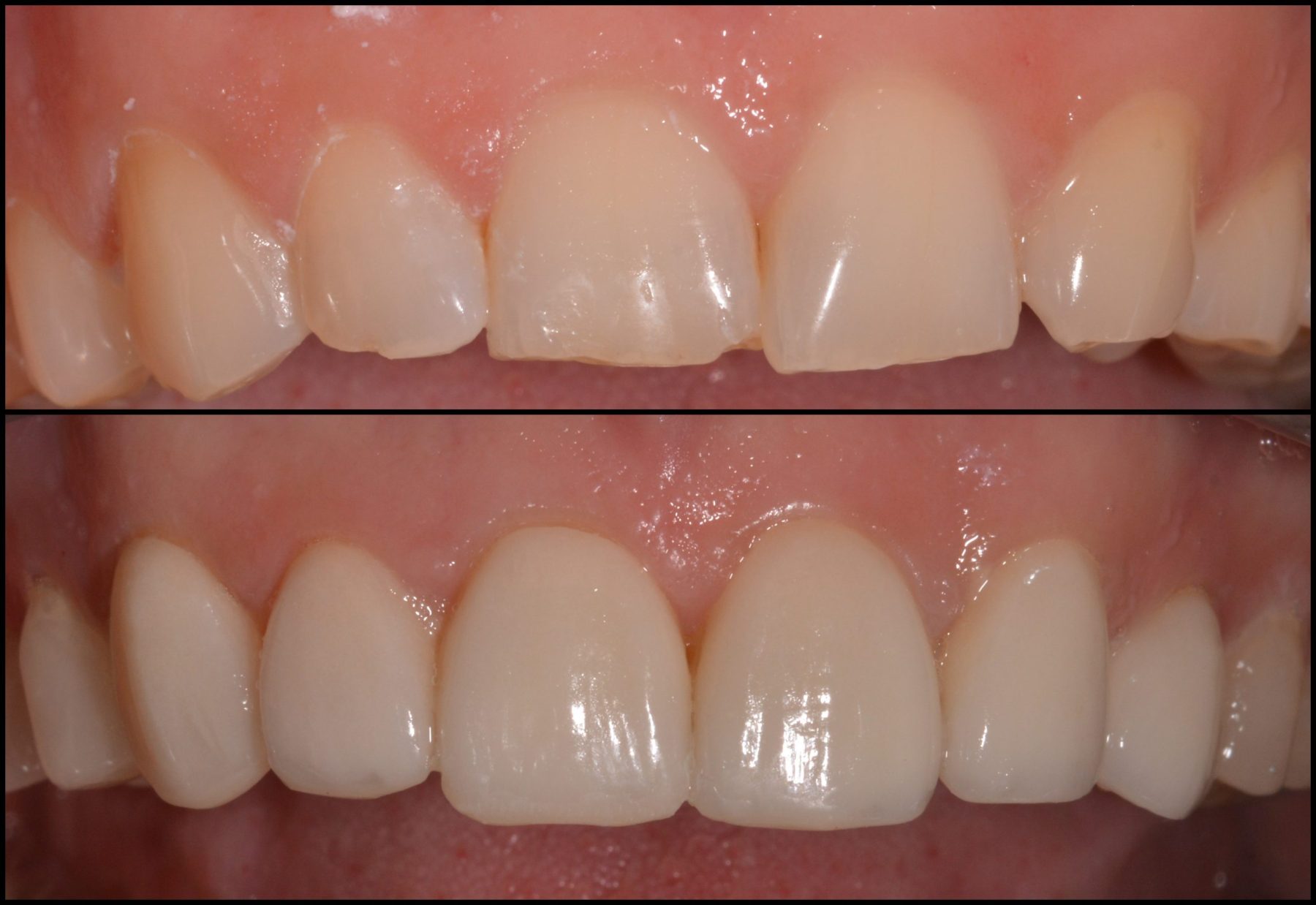Stress has a negative impact on our psycho-emotional state, which makes bruxism, or “gnashing of teeth”, a hot topic
Often people are unaware of how stressful situations during the day or in their sleep cause them to grind or clench their teeth, which contributes to tooth breakage or increased sensitivity to various irritants.
If you notice that:
👉 your teeth are cracking
👉 breaking, becoming noticeably yellow in the middle and flatter or shorter
👉 when you wake up and feel tension in your facial muscles or jaw joint
👉 several teeth are sensitive, it’s time to go to the dentist👩🏻⚕️❗
If your teeth are in good condition and there are only a few signs of teeth grinding, you can use a nightguard
If teeth are frequently breaking and causing discomfort, it is often necessary to restore the anatomy of the teeth, because if they are flat and short, the height of the bite is also lost, which can cause not only aesthetic problems but also problems with biting and the jaw joint.
This can be done by filling the tooth or, for larger defects, by restoring the lost tissue with onlays or crowns.
If the situation is so complex that the jaw joint and neck muscles ache and crack, or there is difficulty opening the mouth and biting, then a myorelaxation cap is needed before full dental reconstruction and patience for longer treatment.
Often even chronic headaches can be a consequence of a misaligned or altered bite, which the dentist, in collaboration with specialists such as osteopaths, physiotherapists, etc., can prevent and achieve excellent results.
Don’t postpone a visit to the dentist if you have problems with your teeth or smile. At Electa, we’ll help you solve any dental problem quickly and safely. Book a consultation today!






